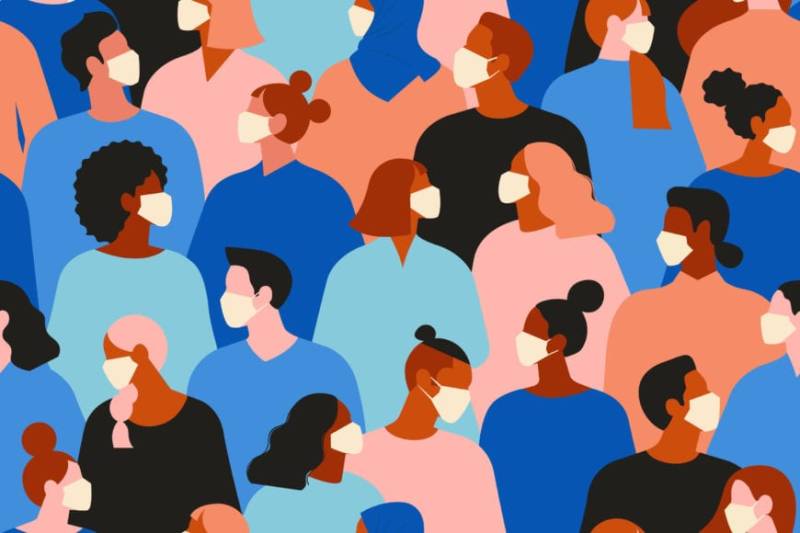

"Sapre aundi! Have courage to use your own understanding"- is what the 18th Century German Philosopher Immanuel Kant would have told to the so called smart and educated people of today who are falling for fake news and misinformation. Kant would further put it as self-incurred, self-inflicted immaturity, and attribute is to their laziness and cowardice.
The classic psychological research shows that some people are naturally better at overriding their reflexive responses than others. Kant, however, believed that large proportions of men would remain gladly immature for life. The answer to why some people have been susceptible to fake news than others, may not be that harder to find.
To prevent misinformation, its important to present the facts as simply as possible and put "insuperable barriers" to civil freedom (social media etc.) which has bombarded us with information, constraining informed and intellect based opinion in the process.
First, lets look at how deep is the problem
One poll by YouGov and The Economist in March 2020 found 13% of Americans believed the Covid-19 crisis was a hoax, while a whopping 49% believed the epidemic might be man-made. In one study, only about 25% of participants said the fake news was true – but 35% said they would share the headline. A recent report from one province in Iran found that more people had died from drinking industrial-strength alcohol, based on a false claim that it could protect you from Covid-19.
No wonder, the calls to hygiene and social distancing are falling onto deaf ears in many countries including Pakistan.
Hoax Perceptions are not new!
In the 1980s, 90s, and later in 2000s, we witnessed the spread of dangerous lies about AIDS – from the belief that the HIV virus was created by a government laboratory to the idea that the HIV tests were unreliable. Even, there was the spectacularly unfounded theory that it could be treated with goat’s milk. These claims increased risky behaviour and exacerbated the crisis.
Now, we are seeing a fresh inundation of fake news – this time around the coronavirus pandemic. From Facebook to WhatsApp, frequently shared misinformation include everything from what caused the outbreak to how you can prevent becoming sick.
Part of the problem is information bombardment and hardly few daring to verify the credibility or questioning the reliability. Eryn Newman at Australian National University, for instance, has shown that the simple presence of an image alongside a statement increases our trust in its accuracy. We take that “processing fluency” as a sign that the claim is true.
What to do
“When thoughts flow smoothly, people nod along." Given how susceptible we are to our cognitive biases, least we can do is to be cautious. you need to pause and override the initial gut response. Employ your intelligence and critical thinking. Realize that a small piece of misinformation can pose risks to several lives. Knowing that many people – even the intelligent and educated – have these “miserly” tendencies to accept misinformation at face value might help us to stop the spread of misinformation.
Civil freedom is advantageous to intellectual freedom but given the current scenario, it has prevented to "expand it to its fullest," as Kant would say.
